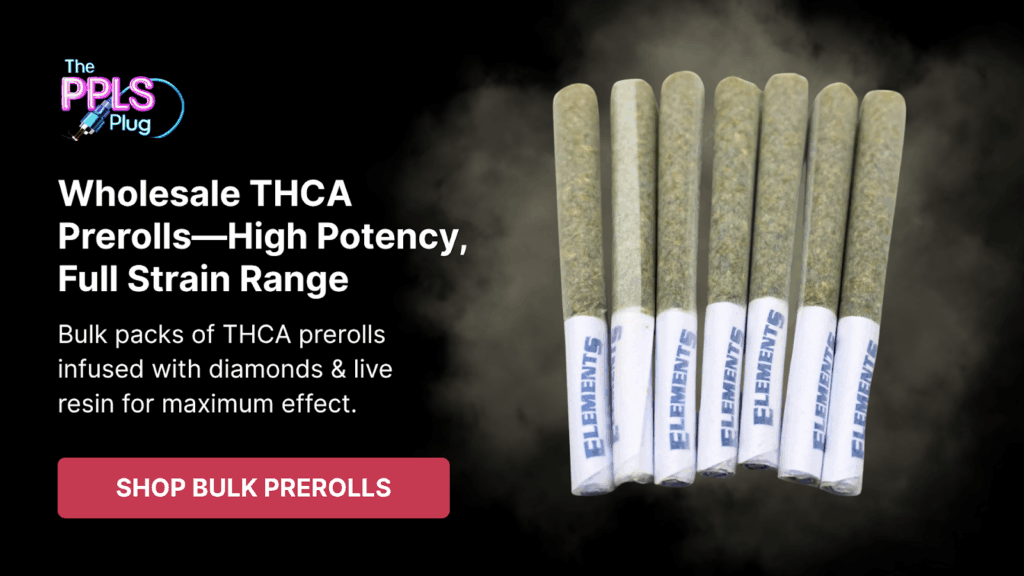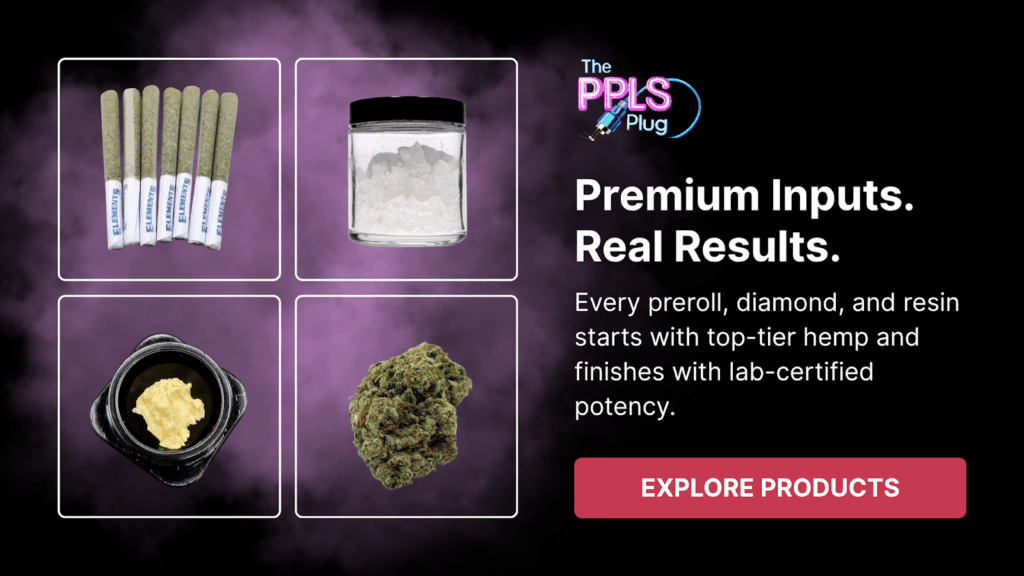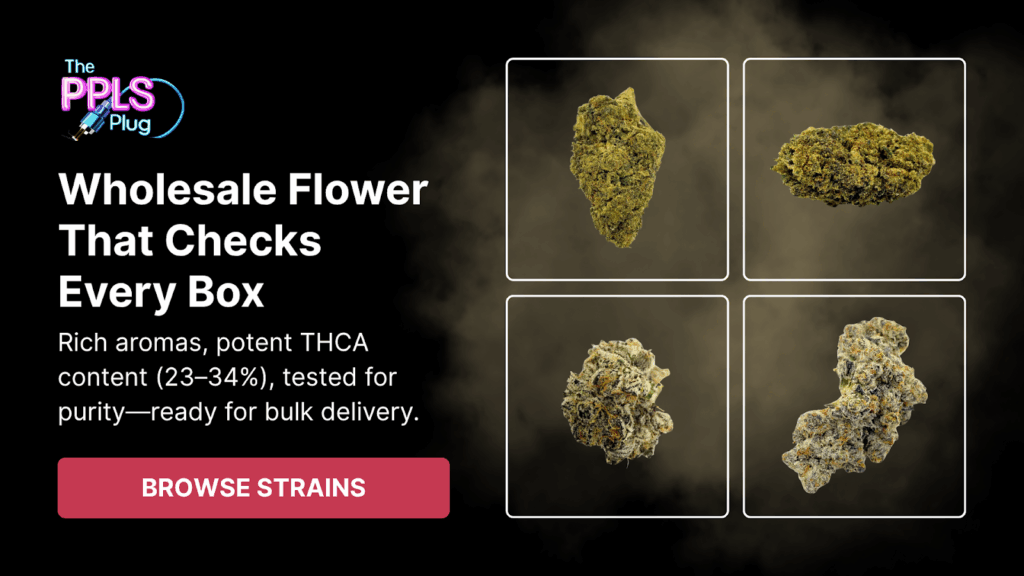Does THCA Show Up on a Drug Test? What to Know About Detection Windows
Key Takeaways:
- Metabolism Matters: Personal factors like age, weight, and activity level affect how long THCA-derived compounds stay in your system.
- Product Form Influences Detection: Edibles and concentrates may linger longer than flower or vapes due to digestion and fat storage.
- Legal ≠ Undetectable: Even federally legal THCA products can convert to Delta 9 THC and show up on common drug tests if heated.
At The PPLs Plug, we don’t just keep up with the hemp industry — we help move it forward. With one of the largest and most reliable selections of bulk THCA flower, concentrates, and wholesale pre-rolls, we’re proud to serve everyone from small shop owners to everyday consumers looking for premium, compliant, and consistent products. If it’s high-quality THCA, we either have it or we’re already working on it.
That said, we know that even the most experienced hemp users still have questions — especially when it comes to drug testing and THCA. The rules can feel murky. THCA is federally legal, non-psychoactive in its raw form, and derived straight from hemp — so why are people still testing positive? That disconnect is what trips up a lot of good folks, and it usually comes down to how the body processes THCA after heat is introduced.
In this piece, we’ll be breaking down how THCA interacts with your body, how long it may stay detectable, and why that matters if you’ve got a drug test coming up.
How Your Body Processes Hemp-Derived THCA
Once THCA enters your body, it begins a chemical journey that determines how long it may stay detectable — and how it interacts with standard drug tests. The path it takes depends on how you consume it and how your body metabolizes cannabinoids.
Let’s look at what happens when you eat or smoke THCA, and why those differences matter.
What Happens When You Eat THCA Gummies
When you consume a THCA gummy, you’re often taking in a product that hasn’t been heated much during production. That means a lot of the THCA remains in its acidic, non-psychoactive form — at least at first. But once it’s digested, your body starts breaking it down in the liver, where it’s transformed into compounds like THC-COOH, a common target in drug tests.
This process happens more gradually than inhalation. Edibles take longer to kick in, and the metabolites they produce may stick around longer, especially in those who use THCA products frequently.
Cannabinoids like THCA may also accumulate in fat cells, which slows down how quickly your body can eliminate them. That’s one reason why detection windows can vary so much between users — even if they’re consuming similar doses.
Looking to explore edible options that maintain potency? Check out bulk THCA concentrate products that can be incorporated into gummies and other infusions.
What Happens When You Smoke THCA Flower
ighting a THCA pre-roll or bowl instantly activates the compound through decarboxylation. Heat strips away the extra carboxyl group from THCA, converting it into Delta 9 THC — the form that most drug tests are designed to detect after it’s metabolized.
Once inhaled, the compound enters your bloodstream almost immediately via the lungs. From there, it travels to the liver, where it gets broken down into THC metabolites that can stay in your system for several days or even longer.
The effects from smoking are usually felt quicker than edibles, and while the high may fade faster, the metabolic byproducts can linger — especially for people who smoke daily or use wholesale THCA flower regularly as part of their routine. You can browse affordable options in THCA flower by the pound if you’re looking for volume-based formats.
Can Product Types Affect How Long THCA Stays in Your System?
Absolutely. The kind of THCA product you use — and how often you use it — plays a big role in how long it may stay in your system. From vapes to gummies to flower, every format is processed differently by the body. And those differences affect how long THCA-derived metabolites might stick around and be detectable on a drug test.
Product Type and How You Use It
Different product types move through your system at different speeds. Inhaled products like THCA flower or vape carts enter the bloodstream quickly and may exit faster. But edibles and concentrates — like those made with THCA isolate — go through your digestive system, which means slower absorption and potentially longer-lasting metabolites.
Using something like THCA wax in bulk in a dab rig may create a sharper onset but could still leave a similar metabolic trace as smoking flower. The key factor is how the THCA is activated and absorbed — and whether it reaches the bloodstream in its Delta 9 THC form.
How Often and How Much You Consume
Frequency and dose are major factors in detection. Occasional users may clear THCA metabolites faster — sometimes within a few days. But if you’re someone who uses THCA pre-rolls, dabs, or edibles daily, compounds can build up in your fat cells and stick around much longer.
That’s why someone casually trying a product on the weekend could test clear faster than someone who includes THCA as part of their everyday wellness or relaxation routine.
Personal Metabolism and Body Composition
Your body’s metabolism, hydration, and overall health influence how quickly cannabinoids are processed and eliminated. People with higher body fat or slower metabolic rates may retain detectable compounds longer. Active individuals with faster metabolisms may clear them sooner — but that’s never guaranteed.
This variability explains why one person may pass a drug test days after use, while another could still test positive a week later with similar habits.
Type of Test Used
Not all drug tests work the same way. Urine tests, for example, are the most common and can detect THC metabolites for days after use — even longer in regular users. Blood and saliva tests cover shorter detection windows, usually within 24 to 72 hours. Hair tests have the longest reach, detecting use from weeks or even months ago.
So even if you’ve switched to exotic THCA flower or low-dose formats, the type of test you’re taking makes a big difference in what might show up.
Interaction with Other Cannabinoids
Mixing cannabinoids — like using CBD along with THCA, or switching between Delta 8 and Delta 9 THC — can complicate detection. While most drug tests are looking for Delta 9 THC metabolites, there’s potential overlap in how different cannabinoids are metabolized, depending on the test’s sensitivity.
If you regularly blend cannabinoids or rotate between formats, your detection window might not follow typical timelines.
Types of Drug Tests and How They Detect THCA
Understanding how drug tests work can help clarify why THCA use might trigger a positive result — even when you’re consuming hemp-derived products that are legally compliant. While THCA itself isn’t the target, its conversion into Delta 9 THC and resulting metabolites is what most testing methods are built to detect.
Here’s how the most common tests break it down:
Urine Testing
Urine tests are the most widely used in workplaces and probation settings. They don’t detect THCA directly. Instead, they look for THC-COOH, a metabolite your body produces after converting THCA (via heat) into Delta 9 THC.
Once formed, THC-COOH can remain in your system for:
- 3–5 days if you’ve only used once or twice
- 7–10+ days with moderate use
- 30 days or more with daily or heavy use
So if you’ve been smoking bulk THCA flower or using infused products over time, even small trace levels may add up and show up on a test.
Blood Testing
Blood tests are typically used in accident investigations or to assess recent usage. They detect active Delta 9 THC, not metabolites. That means the window for detection is shorter — usually within a few hours to two days after use.
If you’ve recently taken a dab of THCA isolate powder or smoked a THCA pre-roll, a blood test could catch it. But if several days have passed, you’re less likely to test positive this way — unless your usage is frequent and sustained.
Saliva Testing
Saliva tests are becoming more common due to their convenience and speed. Like blood tests, they typically detect recent use — especially within 24 to 72 hours.
They’re geared toward catching active Delta 9 THC, so whether THCA shows up depends entirely on how it was consumed. Smoking, vaping, or dabbing THCA products can absolutely lead to a positive saliva result, while raw, unheated forms are less likely to trigger detection — though not impossible.
Hair Follicle Testing
Hair testing has the longest detection window, sometimes picking up cannabinoid use from up to 90 days ago. This method detects metabolites deposited in the hair shaft through the bloodstream. While THCA in its raw form doesn’t bind to hair well, once it’s converted into Delta 9 and broken down, those metabolites can linger.
That means someone who uses THCA flower or concentrates frequently could still have detectable traces in a hair test weeks after stopping — even if they’ve fully metabolized the product elsewhere in the body.
What Federal and State Laws Say About Hemp-Derived THCA
Hemp-derived THCA is legal at the federal level — but that doesn’t mean it’s undetectable, and it definitely doesn’t mean every state treats it the same way.
The 2018 Farm Bill legalized hemp and its derivatives, as long as products contain no more than 0.3% Delta 9 THC by dry weight. THCA isn’t Delta 9 THC, so at first glance, many assume it’s outside the scope. But here’s where it gets nuanced.
The 0.3% Total THC Rule
Even though THCA itself is non-psychoactive in raw form, once it’s heated (via smoking, vaping, or baking), it converts into Delta 9 THC. Because of this, many labs — and regulators — calculate “Total THC” by combining the amount of active Delta 9 THC and the potential Delta 9 that could form after decarboxylation.
This means that a THCA-rich flower could still be considered federally compliant if the total potential THC remains under that 0.3% threshold. That’s why reputable sellers always include Certificates of Analysis (COAs) from third-party labs to show that their flower, even with high THCA content, fits within legal guidelines.
If you’re sourcing flower at scale, be sure to verify compliance. Options like exotic THCA flower wholesale should always include lab results.
State Laws Can Be Stricter
While federal law sets a baseline, states can and do make their own rules. Some states allow high-THCA hemp flower with minimal restrictions. Others have cracked down on total cannabinoid content, especially when it’s likely to produce a psychoactive effect after heating.
So depending on where you live or ship to, that same THCA product might be treated very differently.
Legality ≠ Invisibility
It’s also worth noting that even if your THCA product is completely legal, drug tests don’t care about legality. They’re simply looking for metabolites of THC. If you’ve smoked a compliant THCA pre-roll or taken a dab from a legal concentrate, your body may still produce byproducts that show up during testing.
Whether you’re buying wholesale flower or simply exploring new formats, understanding the legal-to-metabolite pipeline can help you navigate usage with more clarity.
Final Thoughts
Using hemp-derived THCA products comes with a few trade-offs — especially when it comes to drug testing and detection timelines. While THCA is non-psychoactive in its raw form, the moment it’s heated, your body treats it like Delta 9 THC. That’s what most tests are built to detect.
Whether you’re smoking a pre-roll, dabbing concentrate, or experimenting with bulk THCA flower, it’s important to understand how these products interact with your body and how long the resulting metabolites might stick around. Things like your body composition, frequency of use, and the type of test all play a role in detection.
And just because something is federally legal doesn’t mean it’s undetectable. You can stay well within the legal limits and still test positive if the THCA has been converted and processed by your body. That’s why clarity — on laws, lab results, and your own consumption habits — matters.
If you’re sourcing high-volume flower or looking into wholesale formats, make sure you’re also paying attention to COAs, state laws, and your own usage goals.
Frequently Asked Questions About THCA and Drug Testing
Can you fail a drug test from raw THCA alone without heating it?
In most cases, consuming raw THCA (like juicing cannabis leaves or using unheated tinctures) won’t lead to a positive drug test. However, if any heating occurs — intentionally or through digestion and body heat — there’s a chance of conversion to Delta 9 THC and detectable metabolites.
Do detox teas or cleanses speed up the removal of THCA metabolites?
There’s no scientific proof that detox products can flush THCA-derived metabolites faster than your body naturally would. Hydration, time, and metabolism still play the biggest roles.
Is THCA oil more detectable than other product types?
It depends on whether the oil has been decarboxylated or will be heated during use. If it’s heated, like in a vape cartridge, the resulting metabolites will be similar to smoking or dabbing.
How long should I stop using THCA before a scheduled drug test?
For occasional users, stopping 5–7 days before a urine test may be enough. For frequent users, it could take 2–4 weeks or longer to fully clear detectable metabolites.
Does age affect how long THCA stays in your system?
Yes, older adults often have slower metabolisms, which can result in longer retention of THC metabolites in the body compared to younger users.
Can hydration affect THCA detection times?
Staying well-hydrated may help dilute urine and support natural detoxification, but it won’t significantly speed up how fast metabolites leave your system.
Are there any drug tests that can differentiate between legal hemp-derived THCA and illegal cannabis use?
No. Standard drug tests cannot distinguish between legally sourced THCA and marijuana-derived THC. Both forms create the same metabolites in the body.
Can microdosing THCA still lead to a positive drug test?
Yes. Even small, repeated doses can lead to accumulation in fat cells, especially over time. Regular microdosing may still result in a detectable level.
Will using THCA topicals show up on a drug test?
Topicals typically don’t enter the bloodstream in significant amounts, so they are unlikely to cause a positive drug test. Still, it’s best to verify the product’s formulation.
Can frozen THCA products impact how long the compound stays in your system?
Freezing may preserve the potency of THCA but doesn’t change how your body processes it once consumed. The detection timeline remains the same.
Sources:
- Recovered. How long does THCA stay in your system? Recovered.org. https://recovered.org/marijuana/thca/how-long-does-thca-stay-in-your-system
- American Addiction Centers. How long does marijuana stay in your system? https://americanaddictioncenters.org/marijuana-rehab/how-long-system-body
- U.S. Congress. (2018). Agriculture Improvement Act of 2018 (H.R. 2, 115th Cong.). Public Law No. 115-334. https://www.congress.gov/bill/115th-congress/house-bill/2
Latest Products
-
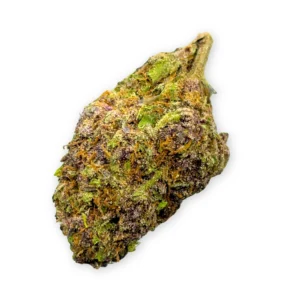 Rated 0 out of 5Sale!Select options This product has multiple variants. The options may be chosen on the product pageLog In to see prices
Rated 0 out of 5Sale!Select options This product has multiple variants. The options may be chosen on the product pageLog In to see prices -
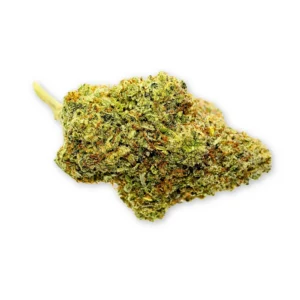 Rated 0 out of 5Sale!Select options This product has multiple variants. The options may be chosen on the product pageLog In to see prices
Rated 0 out of 5Sale!Select options This product has multiple variants. The options may be chosen on the product pageLog In to see prices -
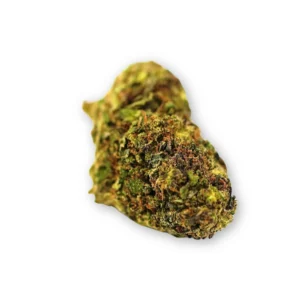 Rated 0 out of 5Sale!Select options This product has multiple variants. The options may be chosen on the product pageLog In to see prices
Rated 0 out of 5Sale!Select options This product has multiple variants. The options may be chosen on the product pageLog In to see prices -
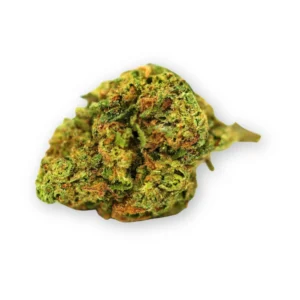 Rated 0 out of 5Out of stockSelect options This product has multiple variants. The options may be chosen on the product pageLog In to see prices
Rated 0 out of 5Out of stockSelect options This product has multiple variants. The options may be chosen on the product pageLog In to see prices

